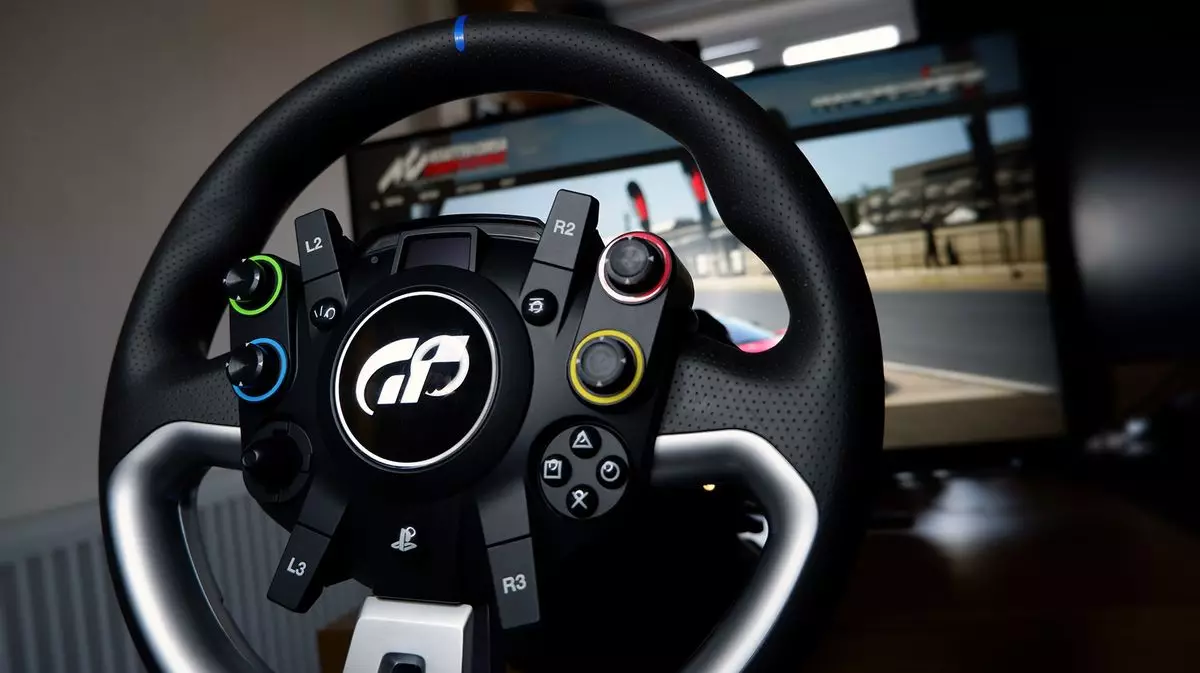The recent acquisition of Endor AG, the parent company of sim racing brand Fanatec, by gaming hardware giant Corsair marks a significant moment in the intersection of gaming technology and consumer demand. With challenges such as financial instability and logistical hurdles looming over them, the transition from Endor to Corsair raises questions regarding the future of Fanatec’s products, customer support, and overall service experience.
Following Endor AG’s turbulent path, particularly its filing for insolvency earlier in the year, doubt surrounded the viability of its acquisition by Corsair. However, the deal went through, and Corsair pledged to take on not just the brand, but also the baggage that came with it, including outstanding debts and a disgruntled customer base. During an interview with The Drive, Corsair’s CEO Andy Paul acknowledged the obstacles ahead, stating, “it’s certainly not going to be business as usual because business at the moment is not as we’d like it.”
This admission does not signify defeat but rather illustrates the complexity of managing a brand that has suffered from poor customer support and other operational inefficiencies. Corsair’s approach to resolving these issues underscores a dedication to improvement and accountability.
One glaring complaint among Fanatec’s users has been the limited customer support hours, restricted to eight hours each workday. Recognizing this gap, Corsair plans to invest in a 24/7 global customer service model—an ambitious initiative aimed at not only addressing inquiries and concerns in real time but also building reassurance among fans of the brand.
The transition to this model is not immediate, but the timeline suggests that Corsair understands the urgency of restoring consumer confidence post-acquisition. The commitment to rectify long-standing service issues indicates a strategic shift towards prioritizing customer experience, something that may lead to greater brand loyalty in the long run.
Turning to manufacturing dynamics, Corsair’s plans to overhaul Fanatec’s production workflow represent a critical aspect of its recovery strategy. Andy Paul noted that factories in China were not operating at full capacity, raising questions about the efficiency and responsiveness of Fanatec’s supply chain. With delays in order fulfillment commonplace, it became evident that inadequate infrastructure hindered operational efficiency.
In contrast, Corsair’s expansive manufacturing capabilities offer a template for improvement. With experience handling large-scale orders and a variety of products, Corsair is poised to refine the supply chain processes, reducing lead times, and enhancing product availability. This change is crucial as customer expectations for timely delivery have skyrocketed in a post-COVID world.
A notable shift in strategy following the acquisition pertains to retail presence. Unlike Fanatec, which previously relied solely on direct-to-consumer sales channels, Corsair’s established relationships with major retailers may pave the way for better product accessibility. This availability will allow prospective customers to experience Fanatec’s offerings in-person, a key aspect of luxury gaming gear decision-making.
Despite this expansion, it is essential to note that Paul highlighted a cautious approach; lower-tier products may see greater retail exposure while high-end gear will likely remain available through specialized retail channels or direct sales. Nonetheless, this change could expand the customer base, benefitting novices and seasoned gamers alike.
Corsair’s acquisition solidifies another contender within the sim racing wheel market, currently dominated by Logitech. The goal of increasing competition within this sector is vital for consumers seeking diverse options and innovation. With Fanatec now backed by the resources and experience of Corsair, it stands to reason that customers can expect not only better products but enhanced service as well.
Corsair takes on a complex responsibility with the acquisition of Fanatec. However, the outlined plans for streamlining customer service, refining manufacturing processes, and expanding retail accessibility signal a promising turnaround for the brand. As these initiatives take shape, sim racing enthusiasts can anticipate a more robust product lineup alongside improved accessibility, setting the stage for a new era in sim racing.

